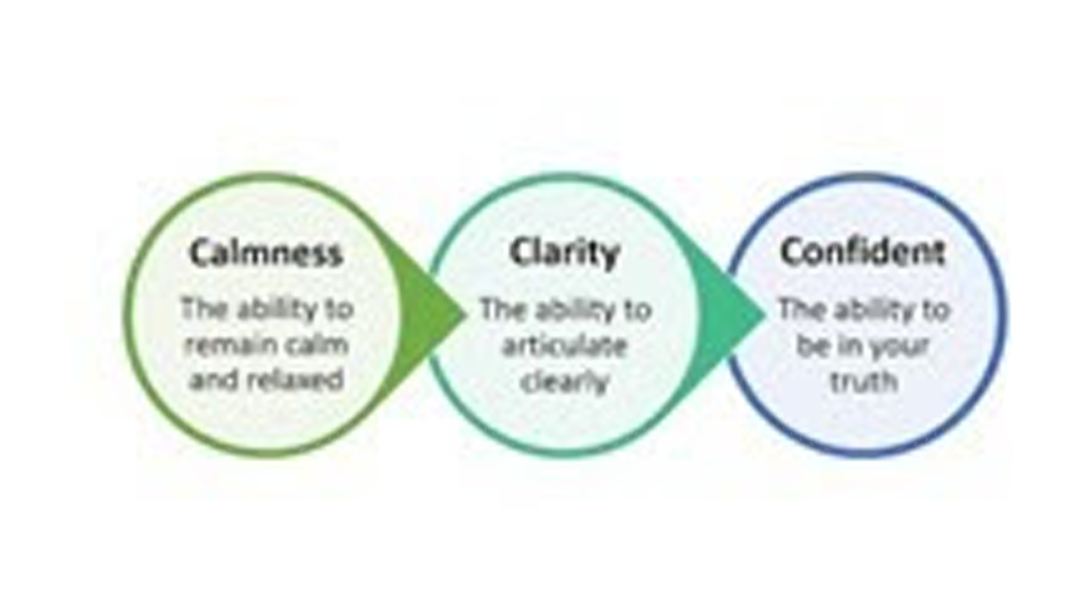According to the English Dictionary, communication is the imparting or exchanging of information by speaking, writing or using some other medium. It is the successful sharing or conveying of ideas and feelings. Effective communication involves continuous feedback as it needs to be received the way it was intended.
Confidence is recognising what you’re good at, the value you bring to the table and performing in a way that depicts this to people around you.
How does communication differ with gender?
Communication has many aspects and can be non-verbal such as body language, tone of voice and gestures.
From a neuroscientific perspective, women have an aptitude for verbal agility. According to research in the book The Female Brain by Dr. Louann Brizendine, women have 11% more neurons to help them communicate effectively. The female hippocampus is also significantly larger than men.
However, women are often held back from expressing this in the workplace due to stigma and other social norms such as avoiding conflict. This may mean that women appear less assertive and confident than men and so may not get the same career advantages such as promotions.
How can I improve my confident communication?
Confidence is a mixture of being assertive yet personable. This means active listening, pausing to confirm and being cognisant of people around you.
Communication is about dealing with things head on before they start to manifest in difficult ways. Women sometimes overcompensate because they don’t want people to perceive them negatively but this often compromises their sanity.
Some tips to self regulate is to ask yourself if you are being true to yourself, explaining things non-emotionally or projecting your insecurities onto people. Checking in with yourself should be your first priority as you are the vessel of communication. If the vessel is defective so will the message be.
The way you communicate something will dictate how someone will feel and receive that information externally. Don’t use more words than you have to or filler words (I think) which might undermine what you’ve said. Kim Harris, Head of Solution Engineering EMEA at Box uses these three C’s of communication: clear, current (don’t go to the past) and communicating without letting it drag on.
Don’t be too humble!
Self promotion. This may sound pompous at first but to be confident you need to believe in yourself first. This means taking ownership of every success you have made happen and talking about it with colleagues.
In meetings ask everyone’s opinion and not just those who talk the most. Solicit feedback from the person you are communicating with which will help you balance your assertiveness with approachability.
Stop using a qualifying preamble such as: “I was head of marketing for 10 years so I know”. This gives off an insecure tone. Simultaneously don’t shoot yourself in the foot by being too humble and making room for others when it is not necessary.
Conclusion
Communication is an art and it can be practiced. People will take you more seriously if your words and actions coincide. This will assist you in progressing in your profession and career. Interpersonal skills, professionalism and enthusiasm are all deemed great soft skills to have. But they are all by-products of confidence. Employers gain from confident employees because they contribute more positively, are more productive, are good motivators, and serve as excellent role models. Communication opens doors for you as people remember your conviction.

